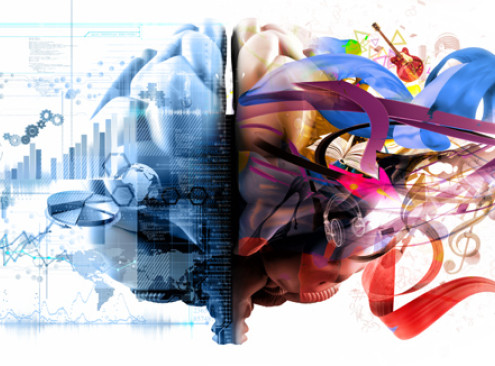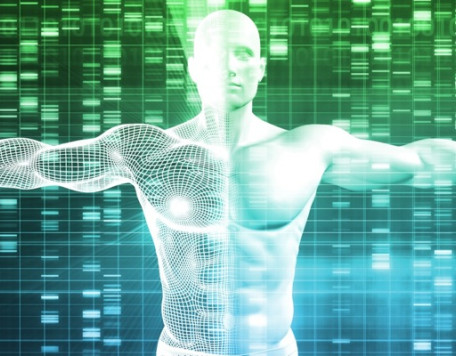© Pint of Science, 2025. All rights reserved.
This Pint of Science will take a sonic journey through science with talks and performances that represent a broad range of fleeting physical and biological phenomena through sound — from distant galaxies, to brain signals and Earth cycles. Join us as we explore the wonderfully complex, intangible world around us through the sense of sound.
Introduction to sonification
Prof. Paul Vickers
(Professor of Computer Science and Sonification)
Professor Paul Vickers kicks off this adventure through sound with an explanation of what sonification is and why it is useful. We're going to need to know this for later.

Two short examples
Dr Dan Ratliff
(Assistant Professor in Mathematics)
Dr Lucy Whalley
(Assistant Professor in Psychics)
Dr Lucy Whalley and Dr Dan Ratliff continue the theme with some examples of how sonification is used as part of their work. Listen to some sonifications of their research data, from the very small (quantum motion) to the very large (solar storms).

Twice Stepped in Still Waters
Dr Jorge Boehringer
(Research Associate)
In this piece Jorge performs by trying to become as still as possible, while sonifying EEG signals from his brain and small movements of his body using some simple sensors and a computer. The resulting sound is continuous and layered, almost ambient. It turns out that Jorge’s brain sounds a bit like a refrigerator, and not only when he’s thinking about the coming pint!

Audio universe: Sonification of space data
Dr Chris Harrison
(Reader in Astrophysics)
Rose Shepherd
(PhD Student)
Chris and Rose will present examples of turning the Universe into sound to make immersive and accessible educational resources. We will listen to the stars appear, the planets orbit, and black holes grow. We will also learn how sound can be used to explore large and multi-dimensional datasets that are very challenging to explore using traditional visual methods.

EarthCycles
Dr Shelly Knotts
(Research Fellow)
EarthCycles is a live audio visual performance that uses a small dataset continuously collected in real time from Shelly’s garden to drive video and sound loops. The data relates to the soil conditions in the garden and includes soil temperature and moisture, ambient light, CO2 levels, and soil nutrient levels. The work is influenced by permaculture principles - most often applied in gardening - which require whole-systems thinking, consider the interconnections between the earth and human activity, and think about energy in cyclical ways.

Map data © OpenStreetMap contributors.
Other The Common Room events
2025-05-20
From Pills to Policies: The power of patient data
The Common Room
Neville Hall, Neville Street, Newcastle, NE1 1SE, United Kingdom
2025-05-19
Decarbonise and Conquer
The Common Room
Neville Hall, Neville Street, Newcastle, NE1 1SE, United Kingdom



